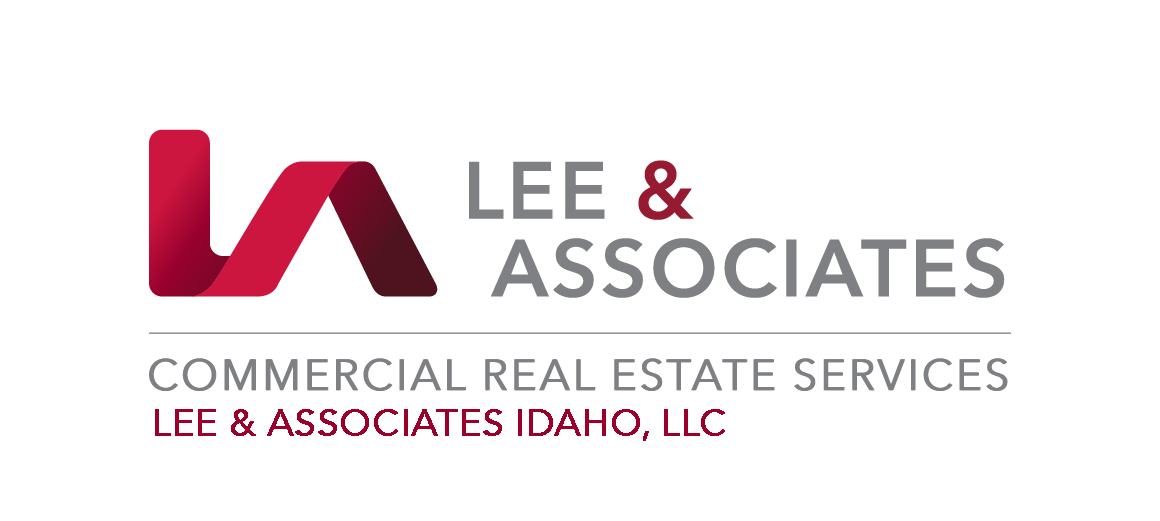How can investors take advantage of a recession through commercial real estate?
/While a recession can bring challenges for commercial real estate investors, it can also create opportunities. Here are some ways that investors can take advantage of a recession through commercial real estate:
Look for distressed properties: During a recession, some commercial properties may become distressed due to financial difficulties, such as a high vacancy rate or difficulty making mortgage payments. Investors can seek out these distressed properties and negotiate a favorable deal, potentially buying the property at a discount and turning it around for a profit.
Focus on cash flow: In a recession, it's essential to prioritize investments that generate steady cash flow. This could mean investing in commercial properties less susceptible to economic downturns, such as industrial or multifamily properties, or finding properties with long-term leases and stable tenants.
Be patient: A recession can be an excellent time to be patient and wait for the right opportunity to present itself. This could mean waiting for prices to come down or for a distressed property to become available.
Diversify: Diversification is essential in any investment portfolio, and commercial real estate is no exception. Investors can diversify their portfolio by investing in properties in different sectors, such as office, retail, and industrial, as well as other geographic locations.
Consider value-add opportunities: A value-add opportunity involves investing in a property with potential for improvement, such as upgrading the property's amenities or renovating to increase its value. During a recession, value-add opportunities may become more prevalent as landlords may be more willing to negotiate and have difficulty finding tenants.
In summary, investors can take advantage of a recession through commercial real estate by seeking out distressed properties, prioritizing cash flow, being patient, diversifying their portfolio, and considering value-add opportunities. As with any investment, it's essential to do thorough research, consult with professionals, and feel the potential risks and rewards before making investment decisions.
To take advantage of a recessionary market, an investor needs to have good market knowledge to know if a deal that comes across their desk is good or if they may be better off waiting for other opportunities. Feel free to reach out if you are interested in chatting about real estate in the Treasure Valley.
Chase Erkins, SIOR
Principal, Associate Broker
208-789-4900
chasee@leeidaho.com




